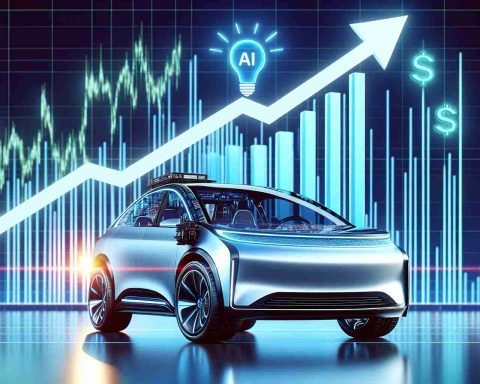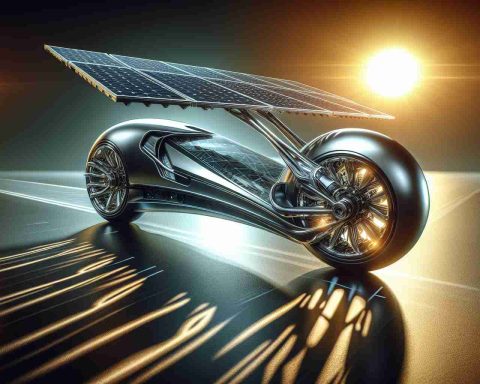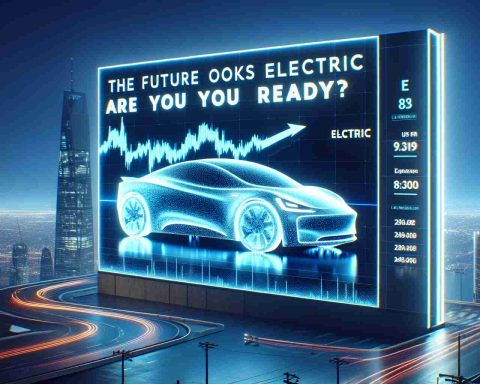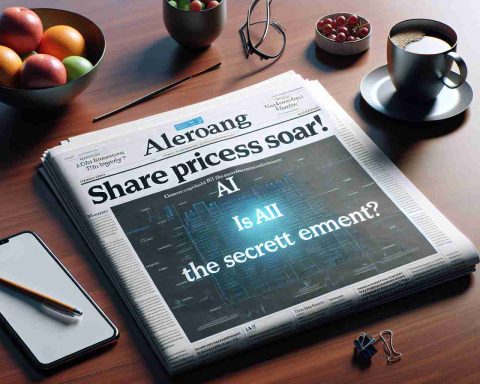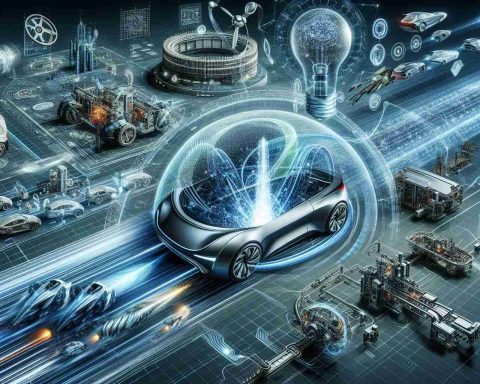NueGo Leads the Way in Green Transportation
NueGo has made headlines by achieving remarkable recognition from both the Asia Book of Records and the India Book of Records. Their ambitious expedition, dubbed the Kashmir-to-Kanyakumari (E-K2K) electric bus journey, spanned an impressive 4,039 kilometers across 200 cities and towns. This groundbreaking achievement established a record for the greatest distance traveled by an electric bus in a single trip.
Throughout the E-K2K journey, NueGo’s electric bus actively engaged with local communities, spearheading initiatives like tree planting, educational workshops for students, and interactive street performances. These activities aimed to raise awareness about environmentally friendly travel and the critical role electric vehicles play in reducing carbon emissions. Remarkably, the expedition saved nearly 3,900 kilograms of CO2 emissions and led to the planting of over 500 trees in significant locations such as Delhi, Bhopal, Hyderabad, Bengaluru, and Kanyakumari.
Devendra Chawla, the Managing Director and CEO of GreenCell Mobility, emphasized that this journey was not just about technological achievements. It represented a commitment to green mobility and community engagement, highlighting the importance of sustainable transit solutions.
NueGo’s expedition not only supports India’s commitment to greener transportation but also demonstrates the viability of electric buses navigating diverse landscapes—from mountainous regions to coastal areas. By emphasizing community involvement, the journey celebrated India’s rich cultural tapestry through various workshops and performances.
NueGo Transforms the Future of Green Transportation with Unmatched Innovations
NueGo’s Record-Setting E-K2K Journey
NueGo has set a new standard in sustainable transportation with their groundbreaking project, the Kashmir-to-Kanyakumari (E-K2K) electric bus journey. This ambitious endeavor not only achieved recognition from the Asia Book of Records and the India Book of Records for travelling 4,039 kilometers but also highlighted the essential role of electric vehicles in combating climate change.
Features of the E-K2K Electric Bus Journey
1. Sustainable Practices: The journey ensured the reduction of nearly 3,900 kilograms of CO2 emissions, showcasing the environmental benefits of electric buses.
2. Community Involvement: NueGo’s initiative included vital educational workshops, interactive street performances, and tree planting events, which together engaged local communities across 200 cities and towns.
3. Cultural Engagement: The expedition not only focused on eco-friendliness but also celebrated India’s rich culture through local performances and outreach programs.
Pros and Cons of Electric Bus Journeys
Pros:
– Environmental Impact: Significant reduction in carbon emissions and promotion of sustainable travel.
– Community Awareness: Direct involvement with local communities fosters a greater understanding of green initiatives.
– Cultural Celebration: Enhances community cohesion through the showcasing of regional arts and traditions.
Cons:
– Infrastructure Challenges: Regions with inadequate electric charging infrastructure may struggle to support extended electric journeys.
– Cost Implications: Initial investments for electric buses and ongoing maintenance may be higher than traditional buses.
Use Cases for Electric Buses
– Urban Public Transport: Ideal for cities looking to reduce pollution and update their public transit systems.
– Tourism: Electric buses can be utilized for eco-friendly city tours, attracting environmentally conscious tourists.
– Education Campaigns: Schools and organizations can leverage electric buses for educational field trips focused on sustainability.
Innovations in Electric Bus Technology
NueGo’s journey is a testament to advancements in electric bus technology, which include:
– Improved Battery Life: New battery technologies allow for longer travel distances.
– Enhanced Charging Systems: Fast-charging capabilities reduce downtime between trips, making electric buses more viable in various regions.
– Smart Connectivity: Integration with apps for real-time tracking and efficiency metrics enhances the user experience.
Market Trends and Predictions
The electric bus market is expected to expand significantly over the next decade. With increasing governmental support, investments in battery technologies, and rising awareness of climate change, it’s predicted that by 2030:
– Electric buses will constitute over 30% of total bus sales globally.
– More cities will adopt electric bus networks, leading to a reduction in urban air pollution by up to 50%.
Conclusion
NueGo’s E-K2K electric bus journey not only breaks records but also sets a precedent for future transportation projects. By combining sustainability with community engagement, electric buses can pave the way for a greener and more connected future. Organizations looking to innovate in transportation can draw inspiration from NueGo’s successful initiative.
For further developments in green transportation and sustainable initiatives, visit GreenCell Mobility.









